Today I wanted to explore self-organized education but given the recent events of the past couple of weeks I’d like to share a few resources before diving in:
Asheville/WNC: Resources, LGBTQ+ & Children Orgs, and my previous teacher Mara June is raising funds to buy/share/distribute water, fuel, food, and medicine in communities in and around Asheville. You can support their work here. They’ve also shared additional mutual aid efforts here.
It’s back to school season and I’ve been thinking about formal education vs autonomous learning. I’ve always had a thirst for knowledge, but the realm of academia felt foreign to me. I studied fashion in Guatemala from 2012-2016. My parents worked hard to pay for my tuition but I quickly realized I would never be able to afford a master’s degree while earning in quetzales. Even after moving to the U.S. and earning in dollars, studying at F.I.T. or Parsons is still out of reach but I’ve loved taking advantage of online courses & affordable workshops in NYC.
Lately I’ve seriously considered end of life training but have debated whether pursuing certification would be worth it given I don’t intend to charge for those services. I’ve just felt utterly unequipped to handle the amount of grief this past year. Researching death has become a hyperfixation.
In an unregulated industry, there are good reasons to obtain certification but the role of a death doula has always existed without institutional support. Before the medicalization of the funerary industry, it was loved ones and community members who tended to the dying. Can a framework focused on palliative care and estate planning really help me when I’m contemplating collective grief and mass graves? Deaths that could never be planned for, deaths that leave no trace behind, deaths with no bodies to be buried, no funeral in sight.
Instead of pursuing a ‘professional’ pathway, is there a more intuitive and communal way to learn death work? Can I craft a degree for myself that combines death, textiles, and decolonial art?
Guerrilla MFA
Neema Githere Siphone’s newsletter introduced me to the idea of a grassroots fine arts degree in which she combines archival studies, research trips, studio visits, self directed assignments, and public practice.
‘A lot of folks end up going back to school because that feels like the only way to get the time & space to dedicate to research, but a key motivation of mine with this guerrilla MFA is to prototype blueprints of how to communally sculpt an equivalent to that.’
‘Having witnessed the global implosion of institutional higher learning in Spring 2024, with university ‘leadership’ unleashing militarism upon its students from New York to Tokyo – revealing the façade of said institutions as enclaves of liberatory development – the following manifesto is an attempt to make manifest blueprints of learning that are fugitive of allegiances to empire. Guerrilla Theory is best understood as an every-day counter-intervention rooted in an ethos of radical love: a verb, ethic, and revolutionary mindset that demands the liberation of all. The term ‘radical’ in ‘Radical Love’, as used above, refers to the word’s definitions as they apply in mathematics and gardening – ‘to pull from the root’.
If you’re curious about Neema’s work I’d highly recommend checking out Data Healing and their newsletter. They elaborated more on being a guerrilla theorist in this interview with Ethel Tawe.
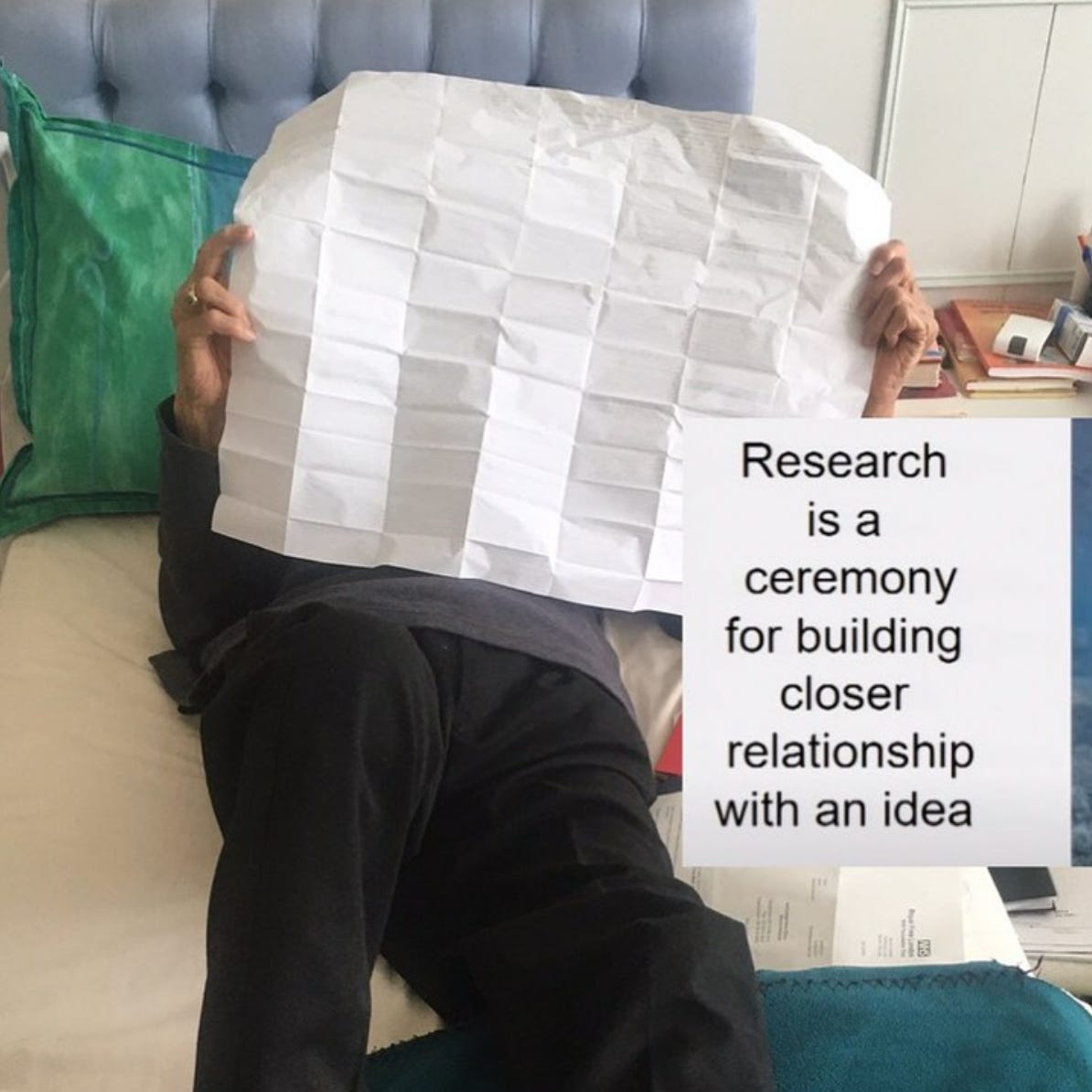
Experimental Pedagogies
'imagining the ways community based education might serve as a ceremonial survival technology. A technology for destabilizing the “new world order”, while giving us space to practice the skills we need to navigate the erotic dis-order of the worlds we’re gesturing towards…Our breath is the new syllabus. Our survival is the new curriculum. But where is our classroom? ‘ - Ayana Zaire Cotton‘
‘Perhaps the most effective and truthful learning in the imperial core does not happen in classrooms at all, but in schools of our own making: on quads, in tents, on porches, on organizing calls, in Signal messages. Another pedagogy is here and yet another pedagogy is ever still on the horizon.’ - Writers Against the War on Gaza
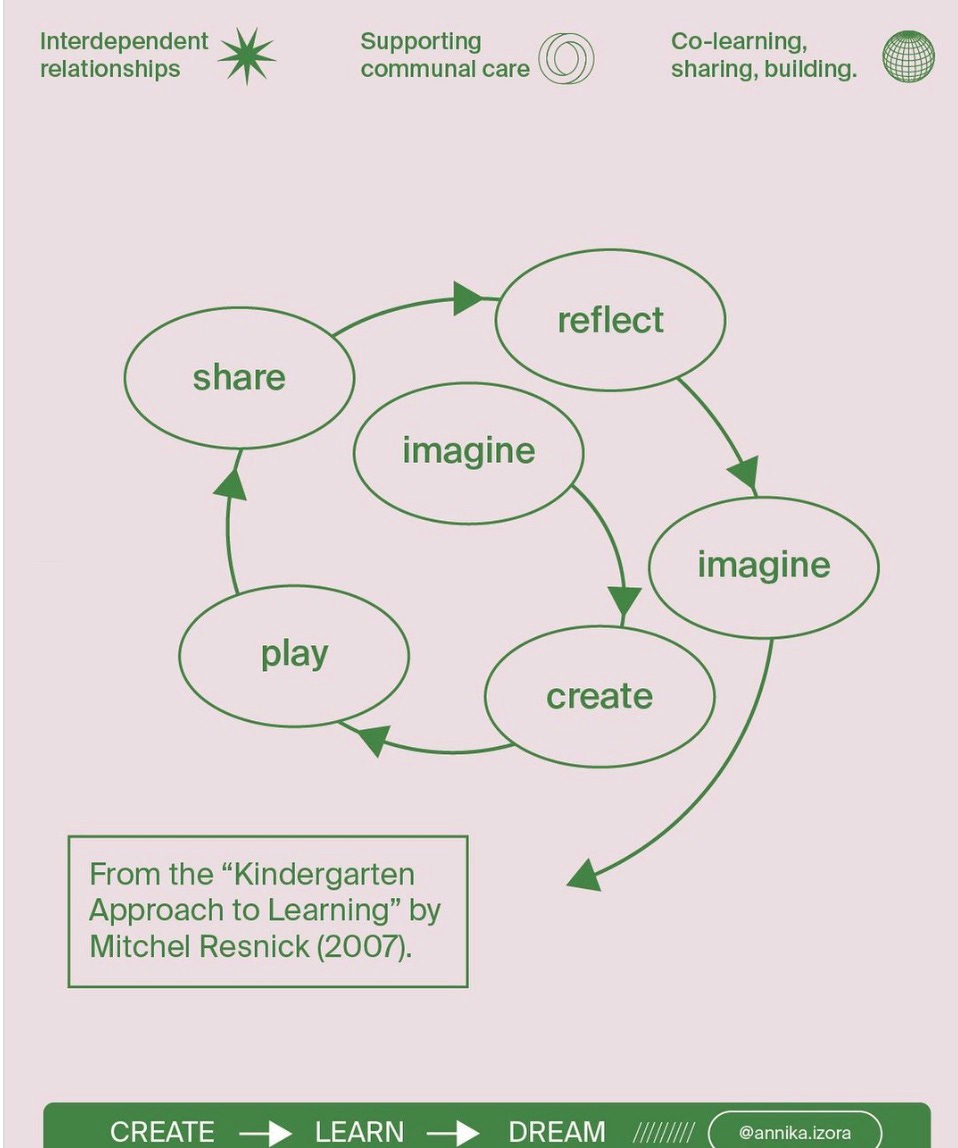
Repetition is the mother of learning, so after reading Neema’s manifesto I revisited some threads on education that have previously informed me which I’ll share here:
Sustainable Reading School: Tips for Quality Fulfilling Reading
Every Body’s a Teacher Now: Education as New Media and The Somatics of Engaged Pedagogy (podcast version here)
A Beginner’s Guide to Getting an Education Without Going to College (a resource on DIY degrees I found via Tamara Santibañez)
Back to Kindergarten! A Modest Proposal for a College of the Future
School for Poetic Computation
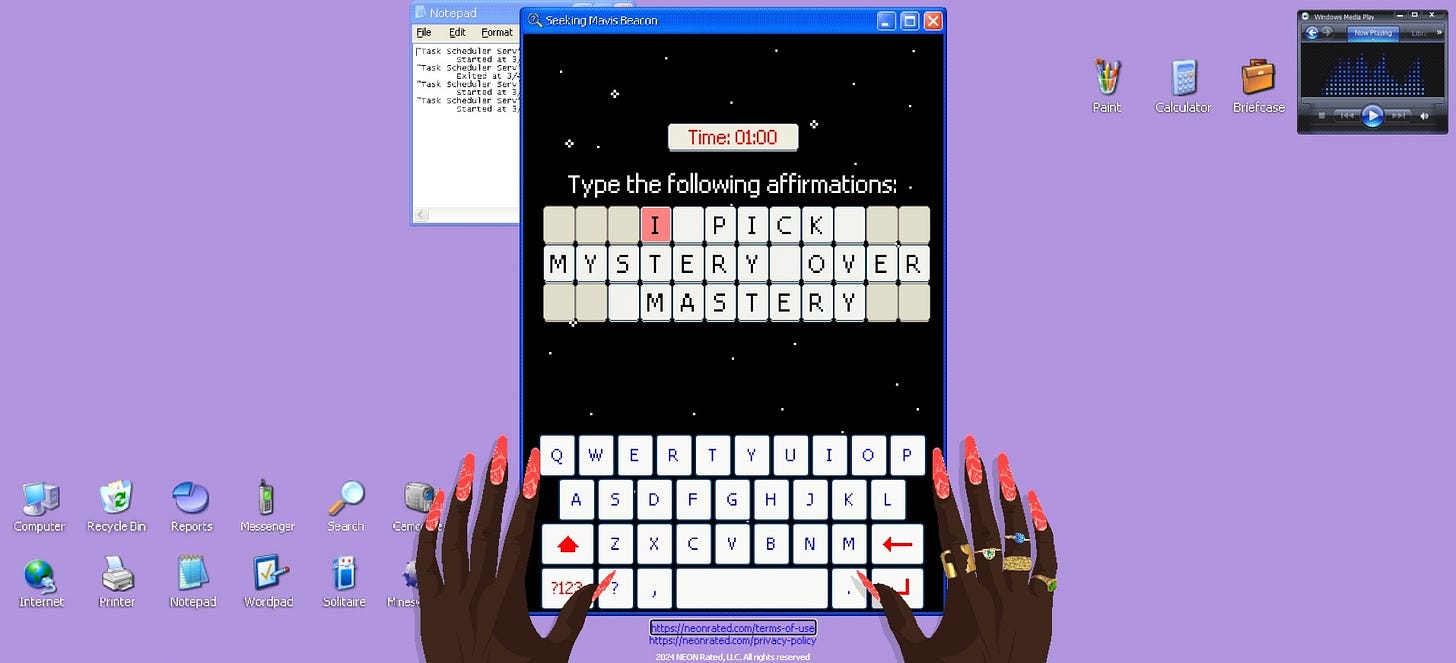
This fall I’ll be studying at the School for Poetic Computation.
‘School for Poetic Computation (SFPC) is an experimental school in New York and online founded in 2013. SFPC facilitates the study of art, code, hardware, and critical theory through lenses of decolonization and transformative justice. It’s a place for learning and unlearning.’
I’m incredibly grateful to have received a generous scholarship to attend Repatterning & Practice: Incantations for the Apocalypse taught by Amina Ross & Hiba Ali.
My past work has been with fashion & jewelry so I’m simultaneously nervous & excited to play with new mediums like 3D modeling and music production. It’s also intimidating & inspiring to be amongst so many talented SFPC alumni who are prolific artists creating work I deeply admire including:
Cy X of Pleasure Ceremony (newsletter). They are currently fundraising.
Olivia McKayla Ross. Check out her movie Seeking Mavis Beacon in collaboration with Jazmin Jones with music by Fatima Al Qadiri
SFPC projects: Solidarity Infrastructures, Musical Web, HTTPoetics
SFPC books: Dictionary of Dark Matter, Reading into the Past Writing into the Future Vol I: Seeds for a New Pattern, Vol II: Messages from the Mud
This doesn’t even include all my teachers nor classmates from a previous cohort which I’ll share more about next year but I’m hoping to savor this experience. I'm hoping to see it through to the end this time.
Last winter was my first time studying at SFPC but I didn't make it to the final presentation. It was the last day of class, the morning of my birthday party, but before I could share my project and relish my classmates' work, I received an urgent phone call from my mom. Her brother had unexpectedly passed away.
I left class and canceled plans. The celebration was cut short and I was left with a bittersweet culmination. I felt guilt & remorse for wasting my time on creative endeavors and collective efforts when my family needed me. I withdrew from community organizing and tried to rebuild fraught relationships from afar.
A part of me is worried about dedicating my time to this, when I’m still fundraising for my family in Gaza & Egypt. I am planning to organize a raffle, maybe a fundraising birthday party, or eventually create items in exchange for donations but those things take time. So I’m allowing myself to also take time, to resist in ways that also nourish me.
Current Curriculum
Besides SFPC I’ll also be taking Counter-Colonial & Healing Methodologies for Fashion with Mukhtara Ayọtẹjú Adékúnbi Yusuf who writes Indigenous Technologies. The start date of this course has switched to October so you may still be able to join if you’re interested in fashion!
Once classes have ended I hope to purchase a sewing machine during the winter. It’s been almost 8 years since I’ve sewed and while I explore digital realms, I do want to get back into the practice of mending, upcycling, and embroidery. Creating samples and tactile projects to help me sit with this informal education, let the ideas simmer, and a place to shelve my grief.
I hope to use this space to record casual research and share notes from past and future classes. There’s so much I’ve learned this year that I’ve yet to share. I’m not sure if amongst all this, on top of my full time job, if I’ll be able to keep up with the biweekly pacing of this newsletter but you’ll hear from me monthly.
Today my assignment is to go to the park, while there’s still warmth in the autumn air, and tuck my nose into the new book by Céline Semaan (founder of Slow Factory): ‘A Woman is a School’.
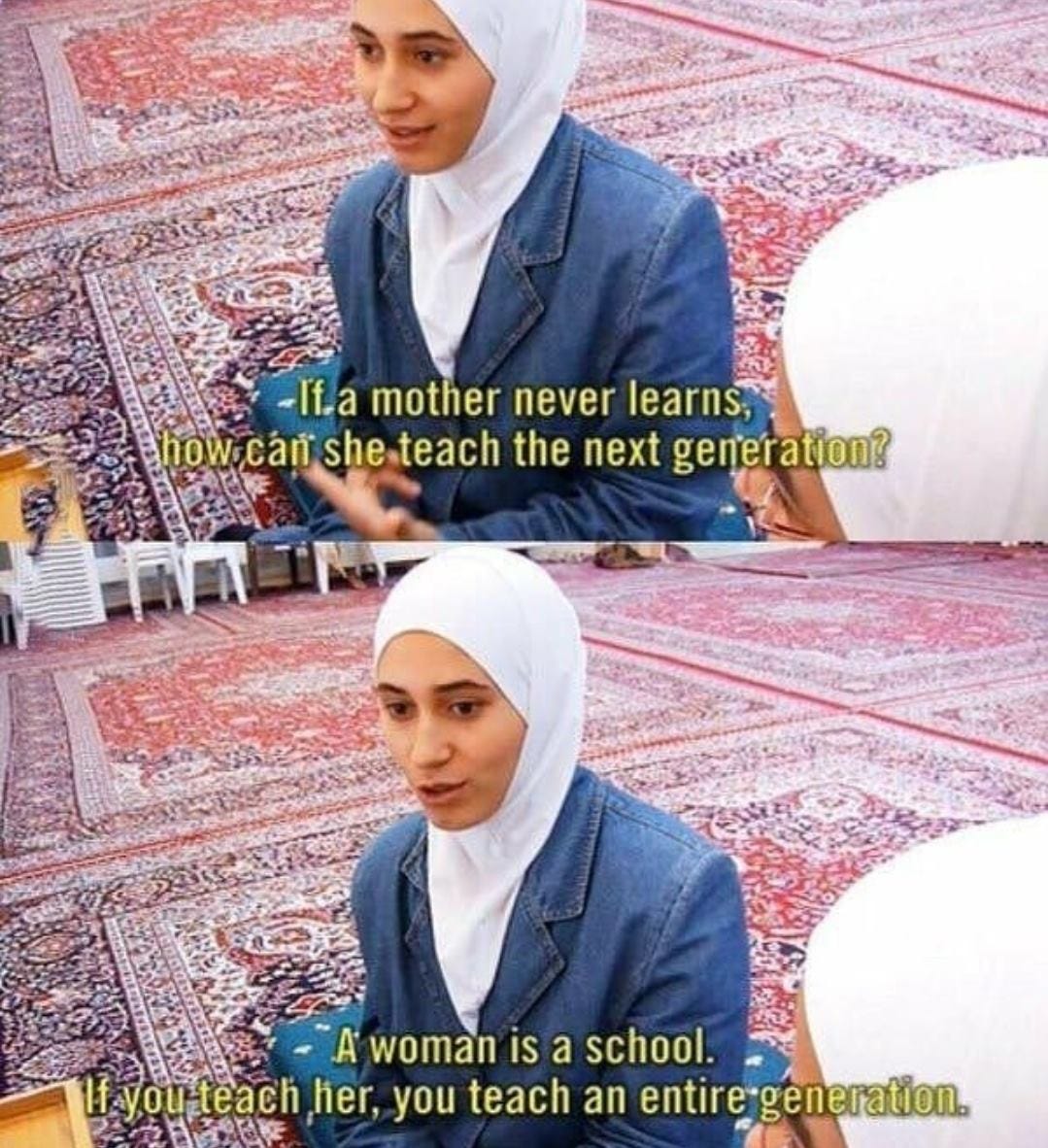
What would you study in your own grassroots degree?
What topics or themes keep pulling you back in?
What is your current curriculum? If a curriculum is a series of questions, what questions capture your attention? Live the questions.
What books and films would be part of your curated syllabus?

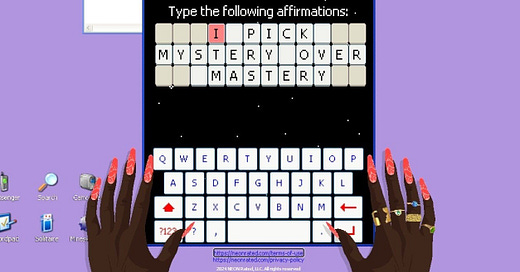


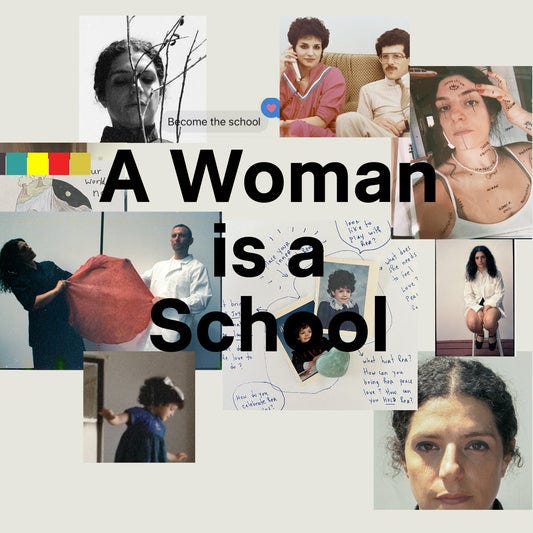
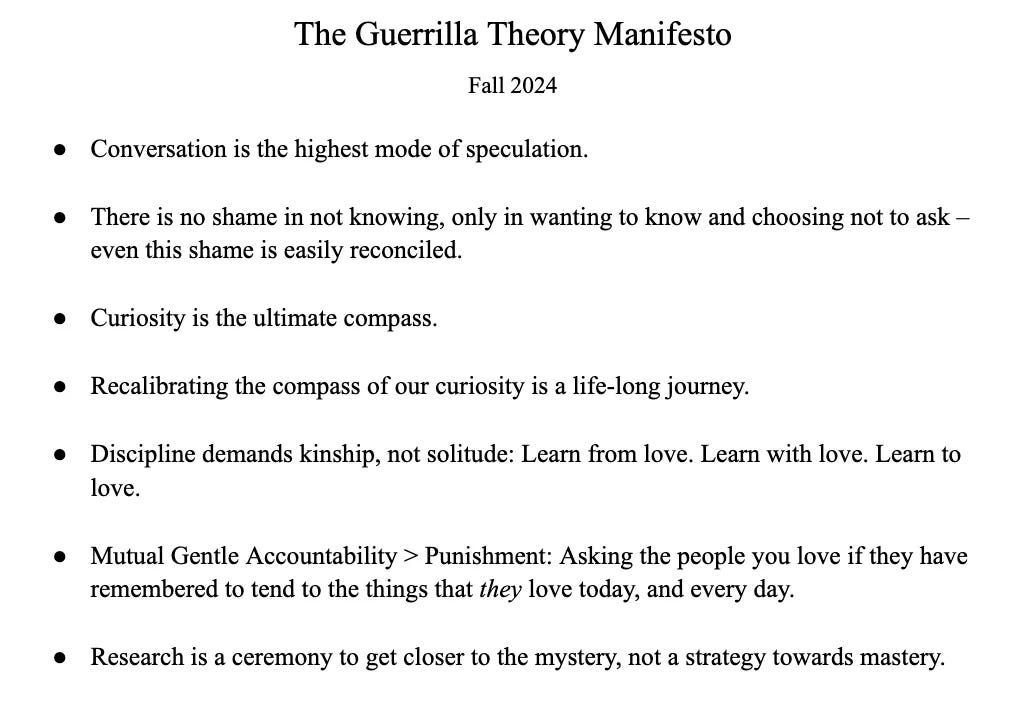
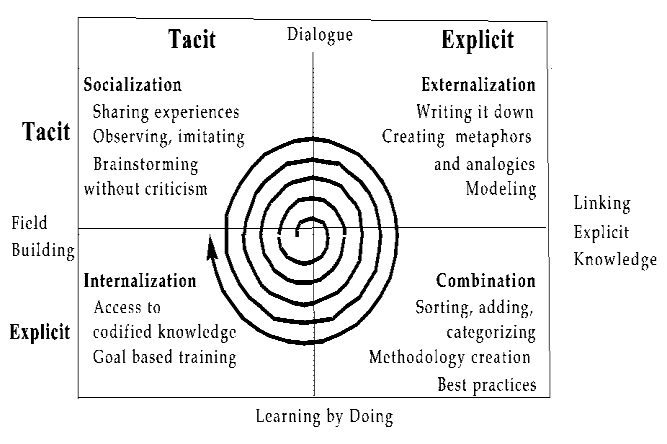
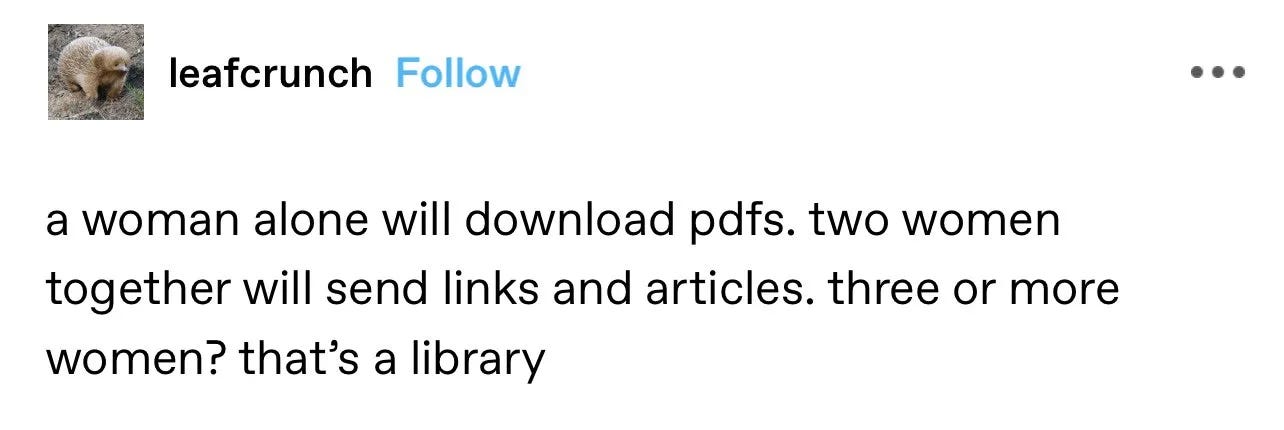
Hello Leila, thank you for your newsletter, it fortified me on a tough day. I love the connections you are weaving and the course you are charting. <3
Hola, Leila. Espero que estés bien. Tenía varias semanas ya de no comentar tus post, pero siempre los leo. Este me llegó como aguita de mayo, justo tengo que pensar un taller con comunidades organizadas y politizadas. Seguro encuentro insumos útiles. Te mando el abrazo más fuerte y siempre mucha luz para tu corazón y el de tu familia. Gracias por esto.